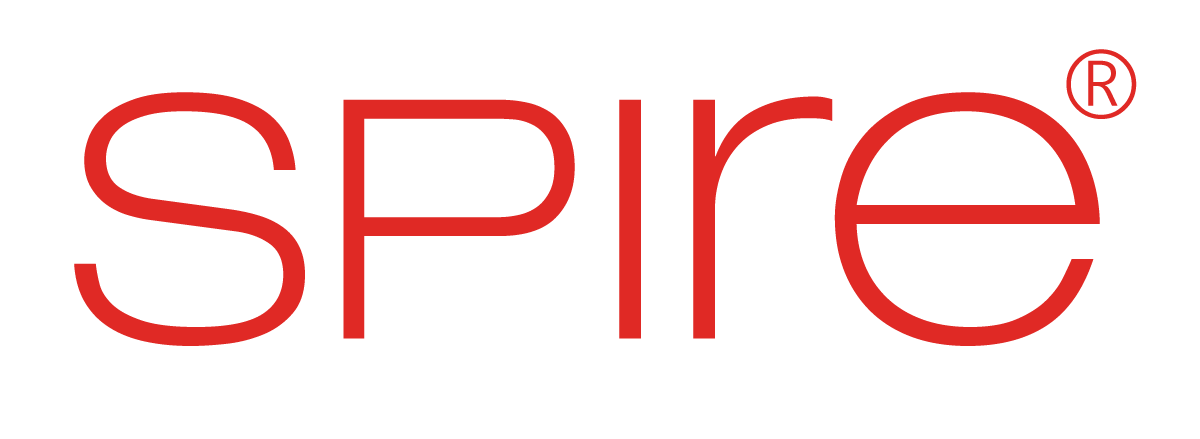Career Progression Plan
What is a Career Progression Plan?
A career progression plan is a roadmap that outlines the steps an employee can take to advance in their career within an organization. It provides a clear path for professional growth, detailing the actions, milestones, and skills needed to reach the next level. The plan helps employees pinpoint their current position and define their career goals, offering a structured approach to career development.
A career progression plan is designed to help individuals set clear career objectives and create actionable steps to achieve them. It serves as both a personal guide and an organizational tool to ensure alignment with business needs and growth opportunities.
Benefits of a Career Progression Plan
- Boosts Engagement, Motivation, and Job Satisfaction: A clear career path increases employee morale, focus, and overall satisfaction.
- Improves Retention and Productivity: Offering growth opportunities keeps employees motivated and reduces turnover, leading to higher productivity.
- Supports Skill Development and Succession Planning: Career progression plans identify growth areas and prepare future leaders for critical roles.
- Attracts Top Talent: Clear career development opportunities appeal to high-quality candidates and align with organizational needs.
A well-structured career progression plan contributes to a motivated, skilled workforce, which is essential for organizational success.
Crafting a Career Progression Plan
Developing a career progression plan requires defining the growth trajectory for employees and aligning it with business objectives. Key steps include:
- Assess Current Skills: Understand the skills employees currently possess and identify areas for growth.
- Define Career Ladders: Establish clear levels and requirements for advancement within the organization.
- Set Milestones: Identify the steps and performance metrics that need to be achieved to move up the ladder.
- Offer Learning and Development Opportunities: Provide the necessary resources and training to help employees reach their career goals.
- Foster Regular Feedback and Conversations: Keep employees engaged by providing regular feedback on progress and areas for improvement.
- Align with Business Strategy: Ensure that career development aligns with the company’s long-term goals and objectives.
A well-crafted career progression plan helps both employees and employers achieve growth and success in tandem.
Conclusion
Career progression plans are essential tools for developing a motivated, skilled, and engaged workforce. By providing clear growth opportunities and aligning employee development with organizational goals, employers can improve retention, boost productivity, and cultivate future leaders. Career progression plans not only support individual growth but also drive long-term business success by fostering a workforce that is adaptable, skilled, and invested in the company’s future.

Don’t Let Outdated Frameworks Hold Your Organization Back
Harness Spire.AI to Build, Deploy, and Elevate Talent Effectively


